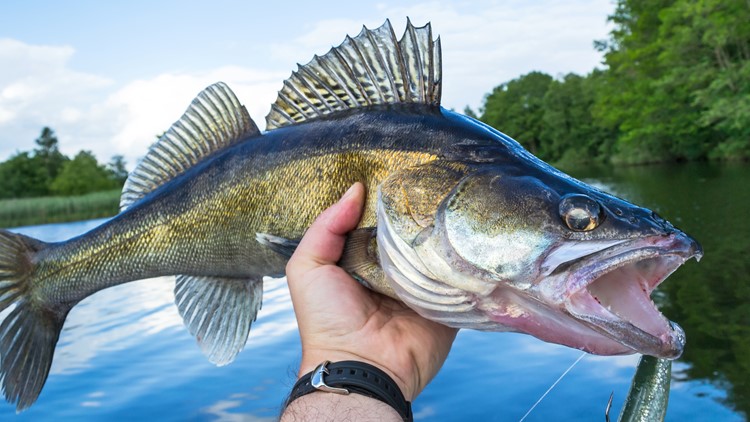The Michigan DNR asking anglers for their input

Credit to: DNR
DNR seeks public input for Lake Gogebic walleye and northern pike regulations
The Michigan Department of Natural Resources invites the public to meet virtually to discuss changes to walleye and northern pike regulations for Lake Gogebic on Sept. 15 from 6 to 8 p.m. EDT.
In 2016, regulations for Lake Gogebic were adjusted to allow anglers to possess up to two walleye between 13 and 15 inches as part of the daily possession limit of five walleye. This was to allow anglers to take advantage of an abundance of small walleye. Recently, anglers have been experiencing abnormally poor walleye fishing on Lake Gogebic and have communicated the desire to consider regulation changes immediately.
The proposed regulations are a return to the statewide walleye 15-inch minimum size limit and daily possession limit of five, as well as utilizing the special northern pike regulations that allow for possession of up to five northern pike of any size with only one greater than 24 inches. These are the only regulation changes that will be considered at this time.
Normally, proposed fisheries regulations would be presented to the public at the DNR’s spring Coffee and Conversation meetings as well as citizen advisory committees. Given the public desire to make regulations more conservative, the Natural Resources Commission agreed to deviate from the normal process for public input and will consider regulation changes for Lake Gogebic at its October and November meetings.
Following a survey of the fish community in the spring of 2022, the DNR will consider whether additional changes may be required. If supported by the public and approved by the NRC, the regulation changes will be in effect April 1, 2022.
The public may offer comments during the Sept. 15 virtual session. For meeting registration, public comment instructions or additional details, please contact Patrick Hanchin by 3 p.m. EDT, Sept. 14.
The DNR is committed to providing Michigan residents the opportunity to share input and ideas on policy decisions, programs and other aspects of natural resource management. To learn more about how the DNR manages Michigan’s fisheries for current and future generations, visit Michigan.gov/Fishing.
